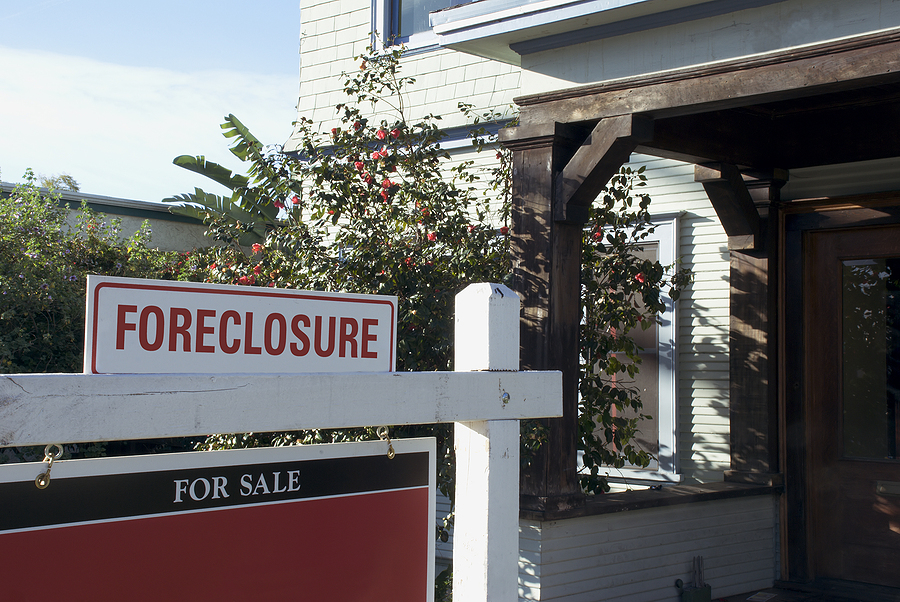When your home is your biggest asset, having it foreclosed on can do a lot of damage to your finances and your mental state. Losing a home can be difficult to get over, which is why it is important to avoid foreclosure whenever possible. Here are several foreclosure prevention strategies that Saint Cloud attorneys think you can use to protect your home from foreclosure.
Ask Your Mortgage Holder For Help
One of the best foreclosure prevention strategies is to ask your mortgage holder for help. Banks generally don’t want to foreclose on property. It’s a costly long-term process, and banks would rather keep you in your house than have to kick you out. If you are having trouble paying your mortgage, ask the bank for a mortgage repayment plan.
A repayment plan can help you catch up on your mortgage and handle it going forward without refinancing or similar options. Your mortgage company can help you set up this plan and adjust your mortgage accordingly so that you can avoid foreclosure.
Apply to the MHA Program
With a rise in foreclosures in the last decade, new programs are available to help you with your mortgage payments. The MHA program helps homeowners adjust their mortgages so that they are more affordable and manageable. You have to apply to the program, but being accepted may help you turn your mortgage into a more manageable payment without refinancing.
Short Sale
If you don’t think you’ll be able to recover your mortgage or you want to downsize to something else you can afford, consider doing a short sale. A short sale sells the house quickly so that you can use the earnings to pay off the mortgage. You may have some leftovers to put toward other purchases, like a new home. However, the purpose of a short sale is to sell the house quickly. That means pricing it so that it will sell quickly, giving up some of the potential profit in exchange for expediency.
File for Bankruptcy
One other possible option is to file for bankruptcy. When you file for bankruptcy, foreclosure efforts are stopped by the court so that you can go through the bankruptcy process. Your mortgage and other debts are addressed by the court based on which type of bankruptcy you file, and you will likely come out of it with the ability to afford your mortgage since your other debts are paid or discharged.
Filing for bankruptcy is an option of last resort since it has such a big impact on your finances. There are also limits on how often you can file bankruptcy with an interval of seven to ten years in most cases. Before you decide to file, try all of the other options on this list first. You may be able to avoid filing for bankruptcy and still resolve issues with your mortgage without having to take such drastic measures.
Discuss Your Options With a Bankruptcy Attorney
If bankruptcy seems like the only option to move forward, discuss your situation with a bankruptcy attorney. At Kain + Henehan, we work with people in your situation to find the best way to address their finances and navigate the bankruptcy process. Contact Kain + Henehan by calling (612) 438-8006 or filling out the online form so we can start to assess your situation and see how we can help you move forward.

